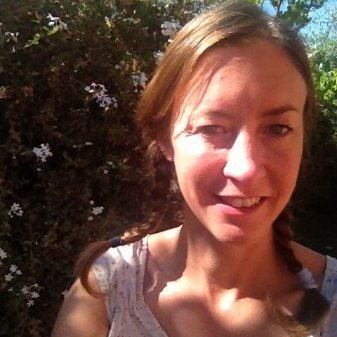Perth Festival Review: The Far Side of the Moon, Robert Lepage ·
State Theatre Centre, 24 February ·
Review by Varnya Bromilow ·
Occasionally you’ll see a performance that is so captivating, it changes the way you view almost everything in its wake. When I saw Robert Lepage’s Seven Streams of the River Ota at the Perth Festival back in 1998, it was a transformative experience. I’ve tried to describe that show to countless people since but because it’s a seven-hour theatrical experience, I always come off sounding insane. Seven hours?! On the strength of that show, I’ve always been keen to see everything Lepage has created since. Which is why I was so excited to The Far Side of the Moon programmed as part of this year’s festival.
Expectations huh? I tried to rein them in, honest I did.
The Far Side of the Moon tells a story based loosely around humankind’s first exploration of the moon. Lepage’s work usually incorporates major world events, cultural or geopolitical and then frames them within the microcosm of human experience. In Seven Streams it was Hiroshima; in Quills it was Napoleonic France; in The Dragon’s Trilogy it was the Chinese diaspora. Lepage has enjoyed global acclaim for his work – his back-catalogue is littered with awards. There are a couple of main reasons for this success – stagecraft and narrative drive. Far Side has all the gorgeous stagecraft of any Lepage show, but it’s the narrative that meanders, resulting in a concept that seems to be searching for a story.
The show opens with a glaring bank of fluorescent lights, pointed at the audience. The lights then rise and invert, revealing a panel of mirrors. The show’s only actor, Yves Jacques, steps into view and explains the premise of the show. Perhaps alarm bells should have sounded then – what show worth its narrative salt requires an explanatory prologue? Jacques recedes and projected production credits replace him. Lepage’s work is often filmic in quality – his other main medium is film. Far Side was made into a film in 2003 and the Quebecois artist has either directed or acted in many others.
Incorporating archival footage of the Soviet and American space landings, Far Side is part homage to Soviet space exploration (as a Quebecois Canadian, no love is lost for the victorious Americans here); part exploration of two brothers’ fractious relationship. One is a flamboyant weatherman, the other a failing PhD student. Their mother has just died and these two very different brothers need to come together to distribute her meagre last possessions. The topic of the PhD student’s thesis is a Russian artist/cosmonaut – therein lies the loose narrative thread that binds the two parts of the story together. But neither of these two disparate tales are fully told and their interweaving feels both awkward and strangely superficial. Unlike the other Lepage works I’ve seen, the emotional core of Far Side feels unrealised. The weatherman brother verges on caricature, and the other, while a far more nuanced role, feels constrained by the script. We want to feel real grief with this character as he mourns his mother, but our attention is repeatedly diverted to the latest chapter of the space race.
Better then, to focus on the spectacle. The set is a chameleonic wonder, packed with sliding panels, light boxes, multi-media projections and hidden compartments. Each new scene brings an ingenious re-imagining of each set piece – a circular port hole is re-assigned functions throughout, what was once a washing machine becomes a spacecraft becomes a fishbowl and so on. It’s extraordinary.
In the end though, no amount of visual splendour can compensate for the lack of storyline punch. Jaques, an accomplished and talented actor, does his level best to bring emotional resonance to the script, but it’s difficult to take the audience on a emotional journey when you keep being interrupted by bulletins from the final frontier.
Pictured top: Yves Jacques in The Far Side of the Moon. Photo by Toni Wilkinson.
Like what you're reading? Support Seesaw.






